
‘The Dutch online gambling market is open to casino operators! Will new regulations help to increase the current 3.1 billon Euro industry?’ (Image by edamman from Pixabay )
The liberalization of the Dutch online gambling market is set to make it a key battleground for betting operators wanting a slice of the large and relatively protected market.
The Netherlands has allowed online gambling before, but legacy regulations and an uncoordinated approach meant the market was only open to domestic companies. With such a small choice of operators, many players looked overseas paying at casino considered risky, and so the effectiveness of the ‘Draconian’ gambling laws came under fire. Those operators overseas accept Dutch player but with no tax benefits to the country and it also meant Euros going outwards instead of inbound (inbound meaning the country can benefit from taxes).
Now that has changed. The size of the population in the Netherlands is only 17 million people but estimates by the gambling authorities suggest that there may be as many as 1.2 million active players in the country.
They also project the market can reach 1.1 billion Euros by 2024. This is from regulated and unregulated operators currently but they want to get to 80% of the market being regulated, licensed operators. Making the shadier, grey parts of the gambling industry safer and, of course, under the span of the regulatory bodies, like the Dutch Gambling Authority (KSA).
An independent report by Online Casino Ground puts market revenues at 3.1 billion euros now and average spend per player at 182 euros per year. Even though these figures look attractive, many believed Holland was falling behind other European countries because of the government’s failure to embrace online gambling within its gambling legislation which prevented operators from opening up online gambling specific businesses that accepted members for the purpose of betting online. Now the market is going to be open to more operators from overseas which should stir up the competition!
We are still seeing deals made with domestic online gambling companies that can see the competition coming, which is exactly why firms like JVH Gaming struck a deal with Evolution as many of its overseas competitors that will register in the Netherland will come with the likes of Evolution and other big brand names!
The New Gambling Act
The Remote Gambling Act has taken 2 years to pass the bill and came into effect on the 1st April 2021, giving license holders access to the Dutch market. As part of that license application, operators must enrol in a central database to be monitored by the KSA. They must stick to rules on promotion and marketing to customers and make sure adequate age checks and KYC is done for new customers. Because all licensees will start from a new base, this will be required for all customers and will help purge the market of under aged or customers of unlicensed operators. Finally, to make sure problem gamblers have a degree of protection, a programme called CRUKS (The Central Exclusion Registrar) will be set up to record players who self-exclude.
Companies will all be connected to the database and be able to submit information so that vulnerable players can be excluded by all operators across the market and turned away if trying to open new accounts because their social security number will be recorded.
Cleaning up the Market
This is an effort by the Dutch Government to clean up the industry as they are fully aware that gambling is going on widely underground and with unlicensed companies. Liberalising it and especially online gambling, the Dutch treasury benefits from additional taxes that could help the wider economy and pay to regulate the gambling industry. Currently, some residents seek out online sites that offer gambling that are unregulated and where deposits may be at risk. Loan sharks operate to exploit the vulnerable gamblers in debt and operators have no incentive to turn away addicted players.
All this unregulated gambling can lead to exploitation and other criminal activities often managed by gangs and triads. Of course, none of the revenues are taxed either leaving a big tax hole for the country which needs every income source they can get to plug the rising national debt and faltering European economy.

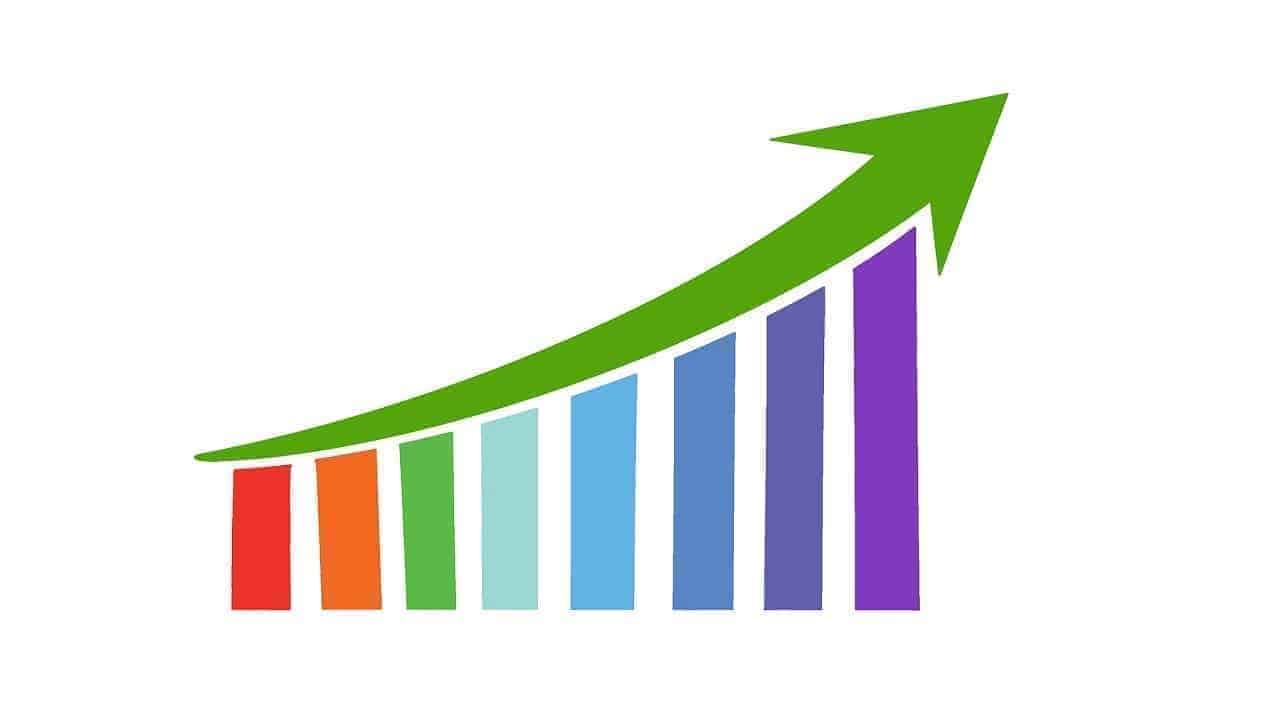

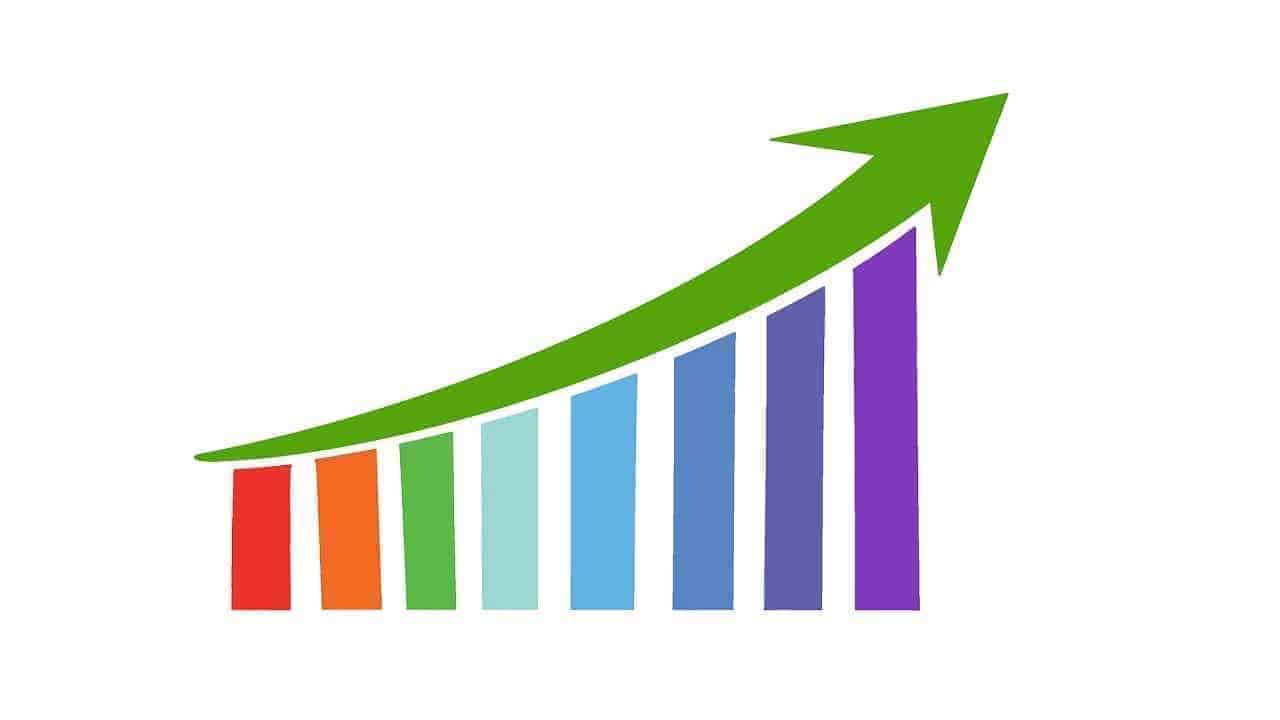


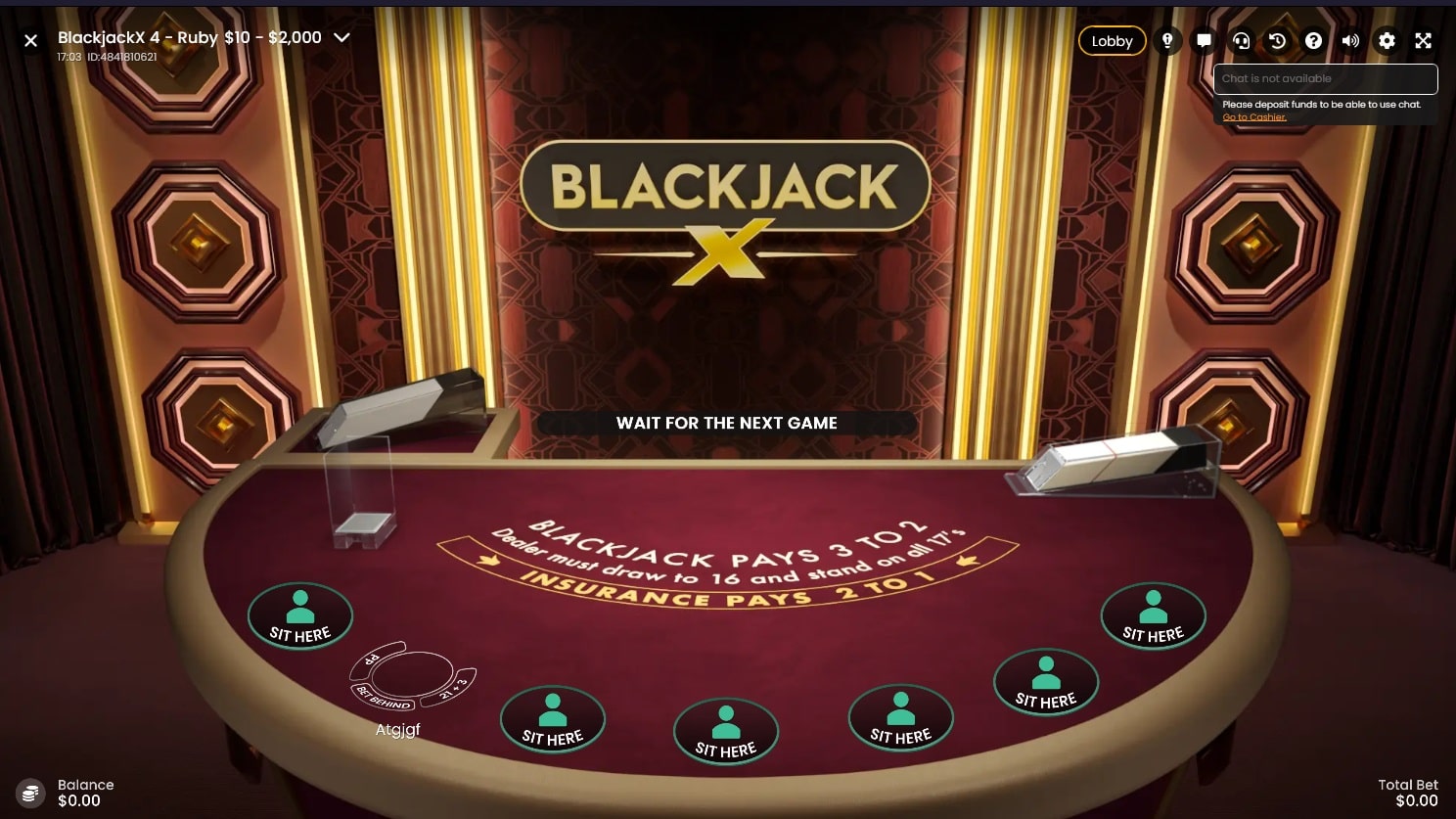
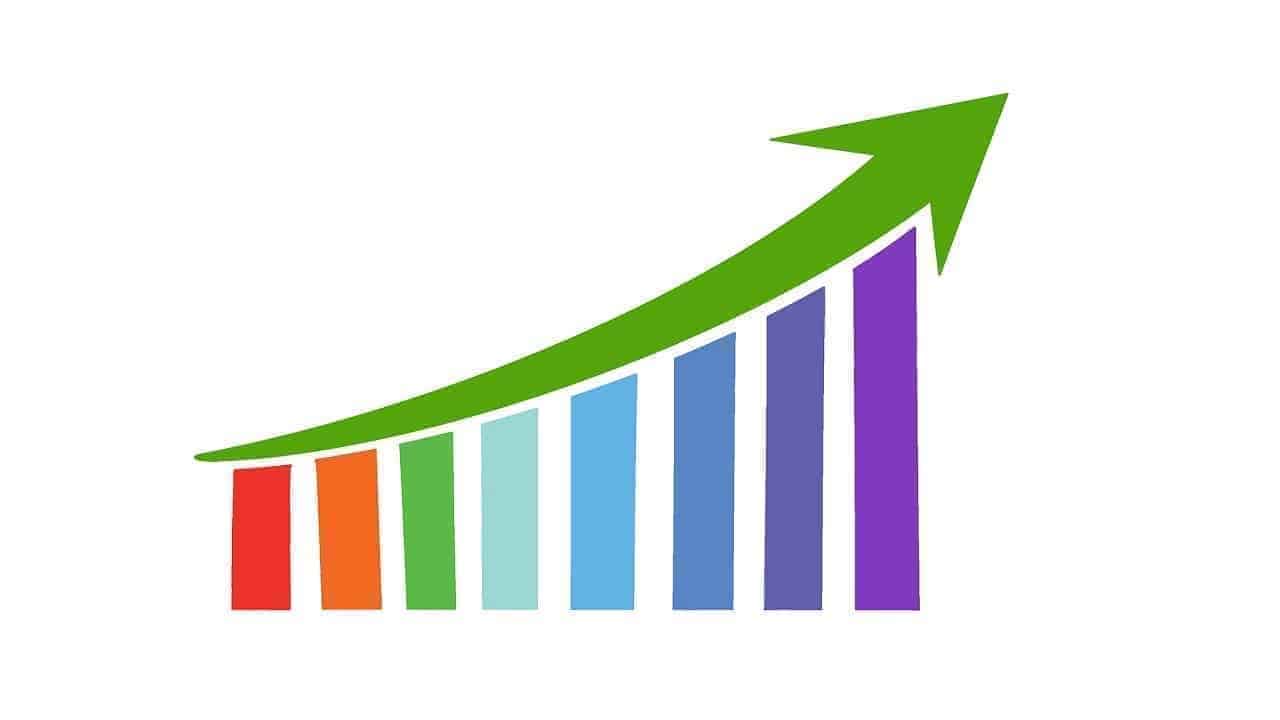
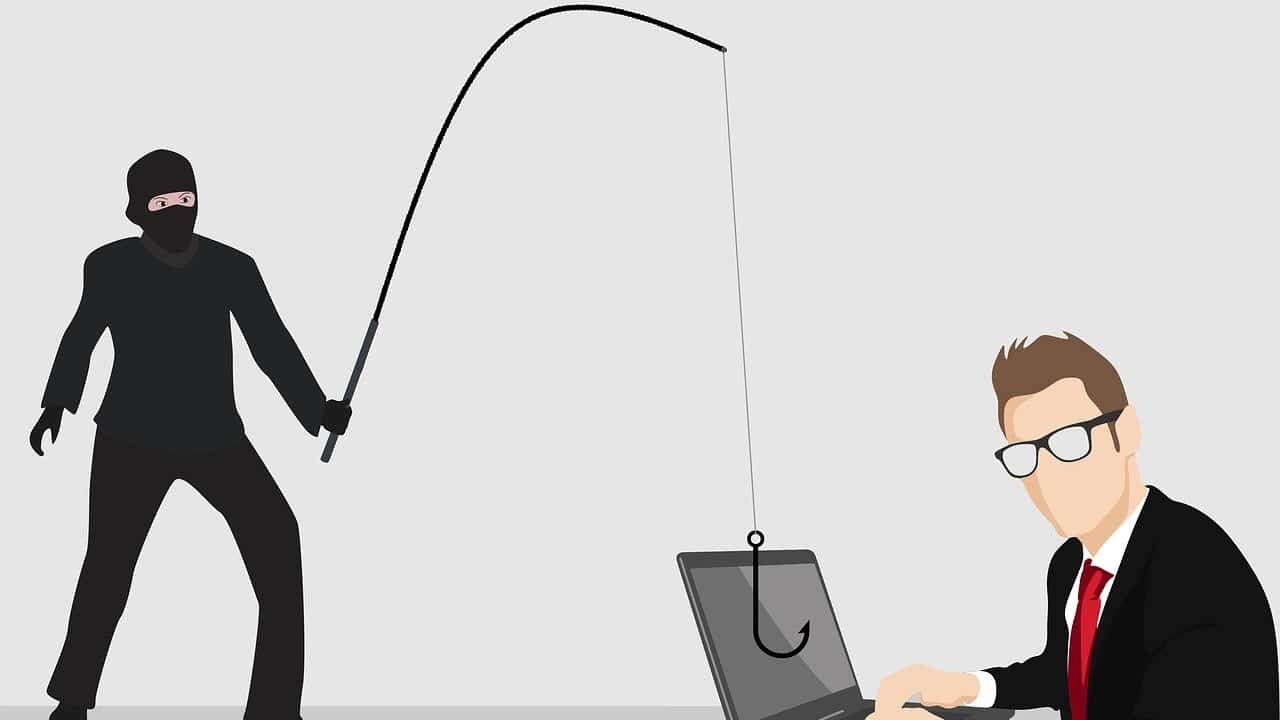







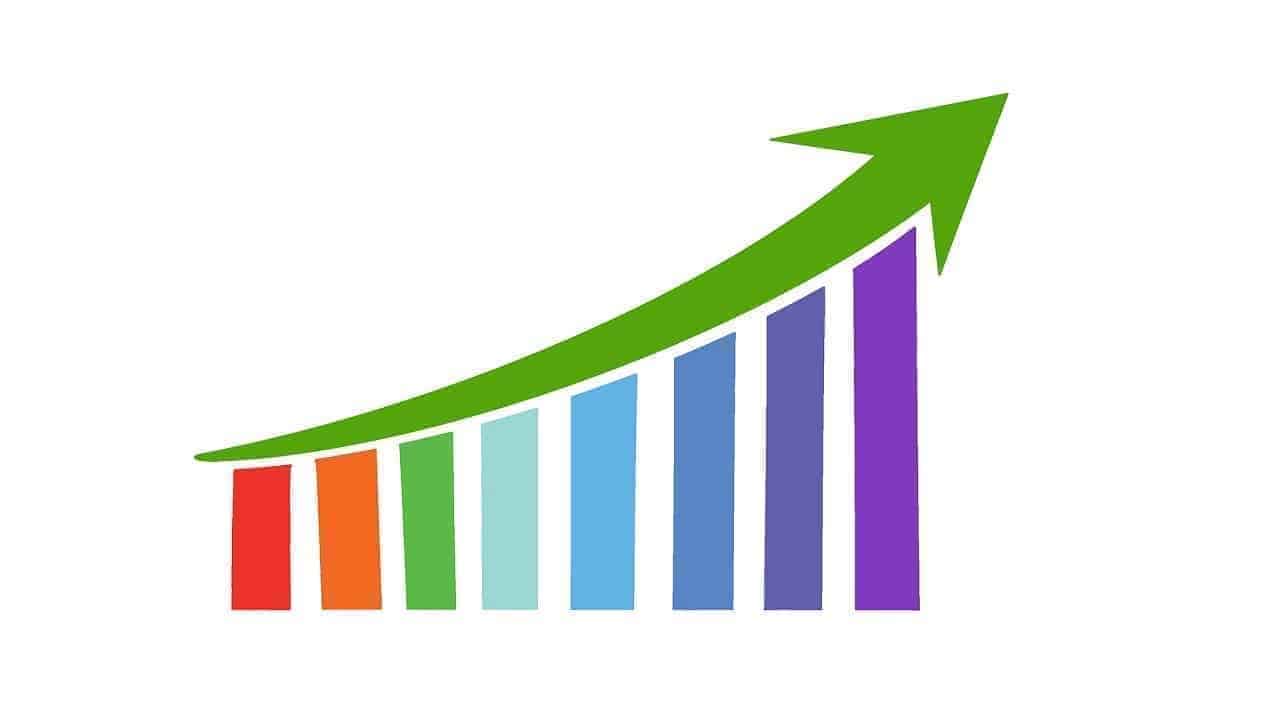
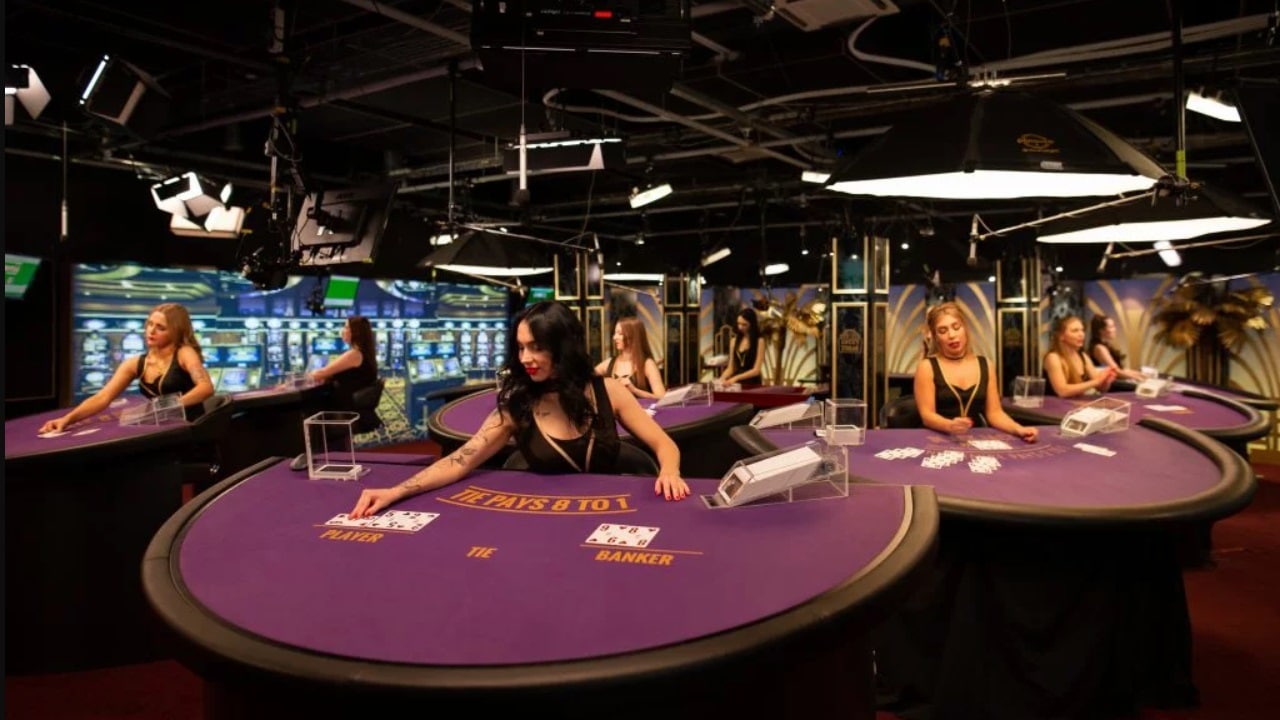

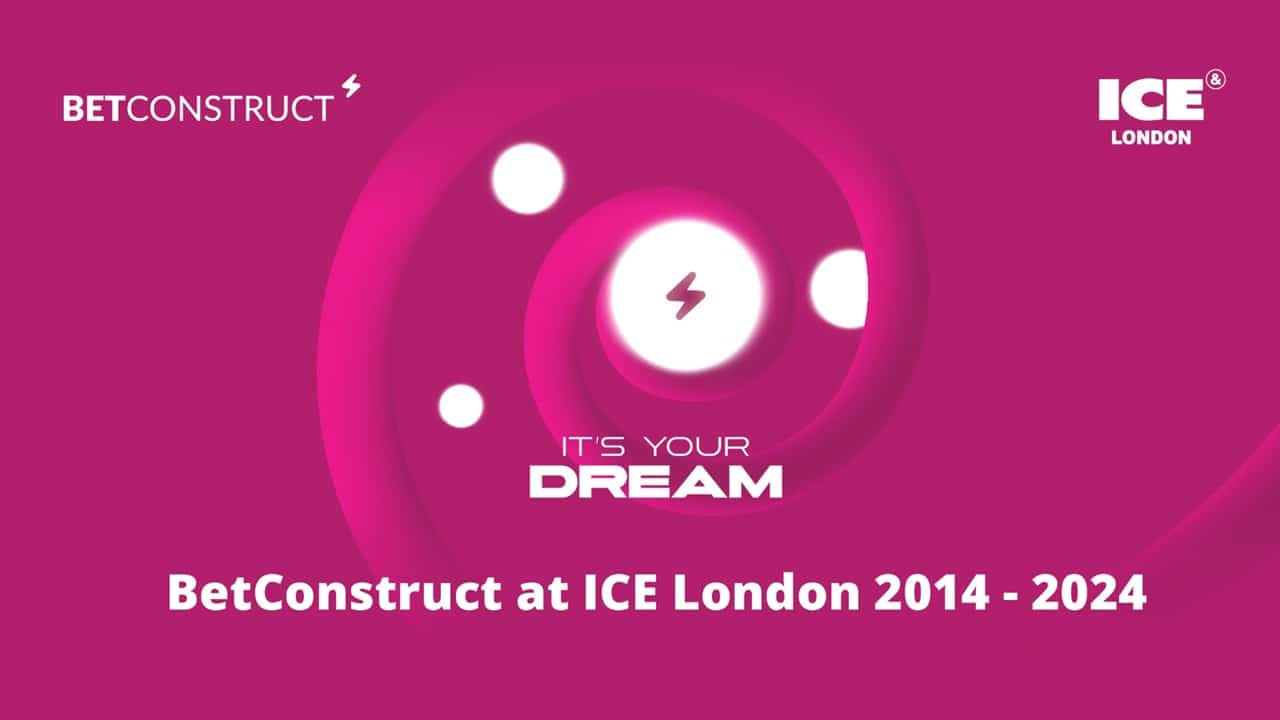
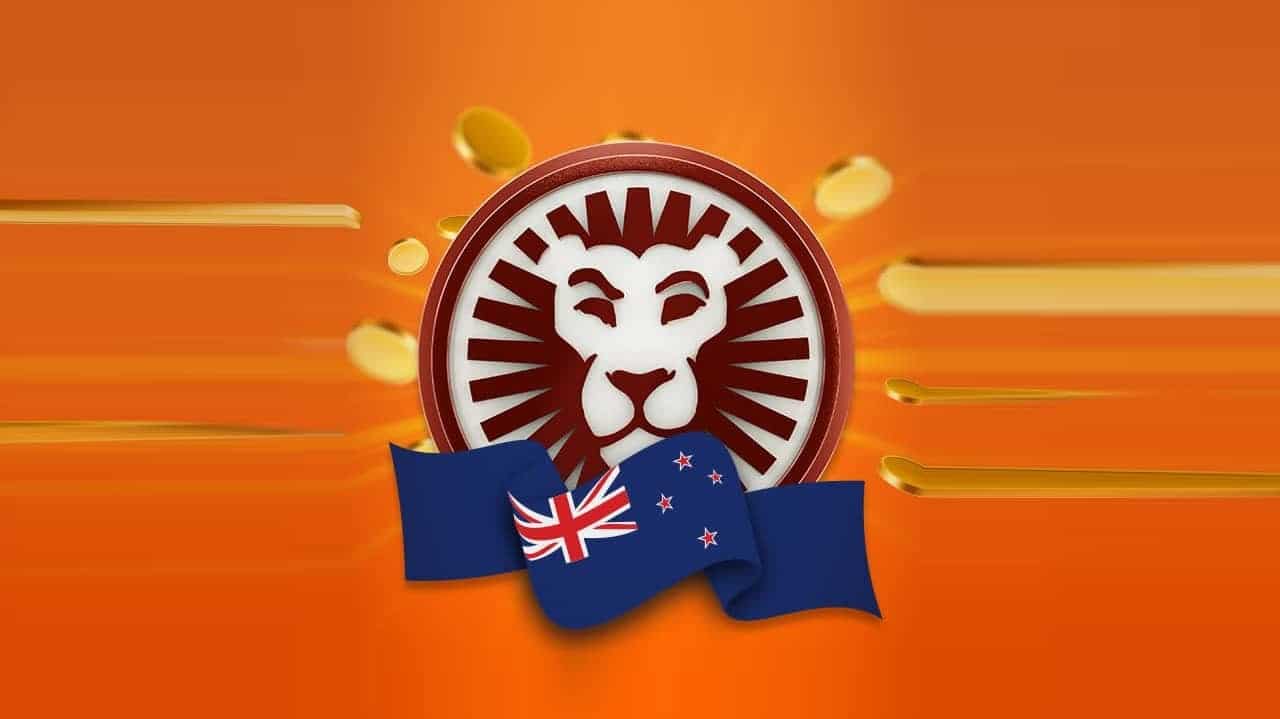
Leave A Comment